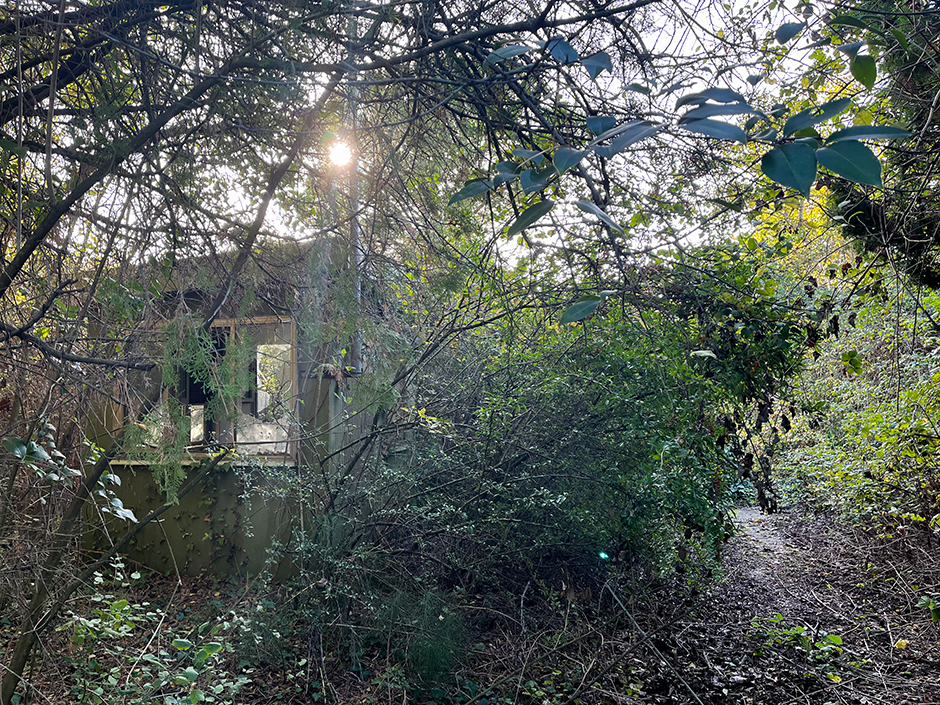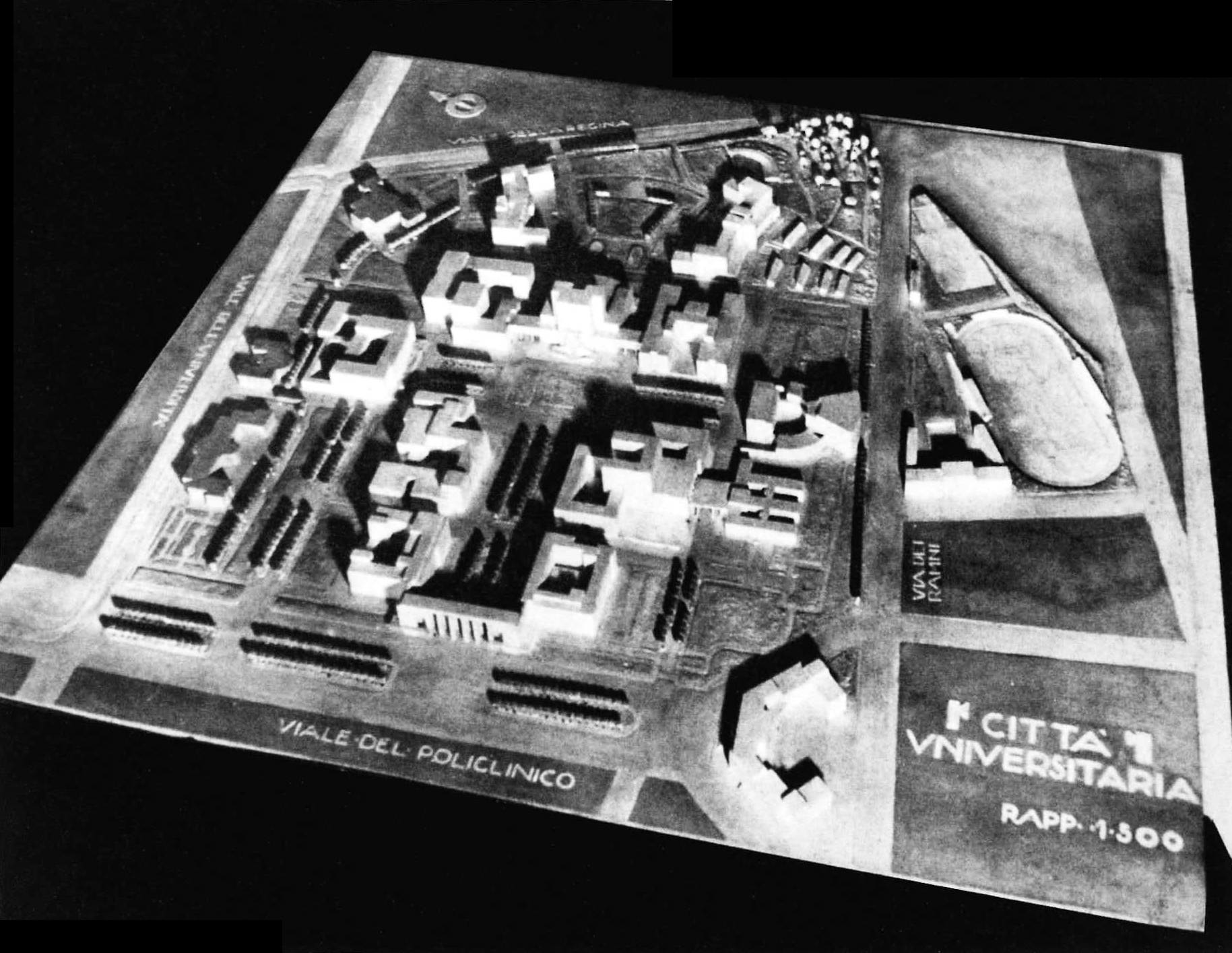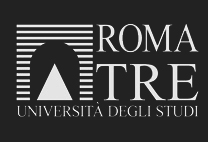UrbanisticaTre launches a call for paper for a new Quaderno edited by Alessandro Coppola & David Gogishvili:
Cities of the South Caucasus:
three decades of transformation
“Since the dissolution of the Soviet Union, the three now independent states of the South Caucasus region – Armenia, Azerbaijan, and Georgia – have experienced a dramatic set of political, economic and social changes going through violent armed conflicts, massive population displacements, authoritarian political regimes and the destabilization of economic and state structures.
These changes have had significant, although variegated, impacts on the region’s urban areas. As in many other post-soviet urban societies, the transition from centrally planned economies to market economies and the privatization of the large part of state-owned assets has unfolded in a context of weak institutional and planning frameworks, rampant corruption and spreading informality leading to both deep changes in pre-existing urban structures and to the emergence of new structures and urban actors.
Since the mid-2000s, in a context of relative political stabilization, the state has taken charge of wide urban restructuring initiatives generally in close partnership with the emerging economic elites. Such ambitious and often large-scale urban development and regeneration projects have aimed at rebranding South Caucasian cities through the revitalization and beautification of central urban cores, the taming and containment of informal urban practices, the expansion of real estate markets and the restructuring – mainly through privatization and outsourcing – of certain municipal services leading at the same time to new forms of social and spatial polarization, decline in the stock of affordable housing, displacement, deterioration of traditional public spaces and of urban heritage. Despite the contestations and mobilizations activated by newly formed urban social movements, such projects have often succeeded in reshaping the reality and imaginary of some of the region’s major cities.
However, notwithstanding the relevance and similarities of these redevelopment processes unleashed across the region, South Caucasian cities also followed variegated local trajectories largely dependent on pre-existing economic structure, levels of political openness and differences in national institutional frameworks, origins and degrees of capital mobilization. This variability is particularly relevant when looking at the evolution of urban phenomena and policies involving marginal areas beyond the cores of major, capital, urban metropolitan concentrations and at wider processes of regional and territorial restructuring.
This special issue of Quaderni focuses on the cities of South Caucasus and is dedicated to the exploration and analysis of the socio-spatial implications of more than 25 years of and transition in urban landscapes. The issue is particularly interested in the processes developed from the early 2000s, but not exclusively, as this is the period of more intense change in the whole region both in terms of political alterations, economic growth and urban restructuring”.
Please read the full call at this link and send an extended abstract by May 15th May 25th.






